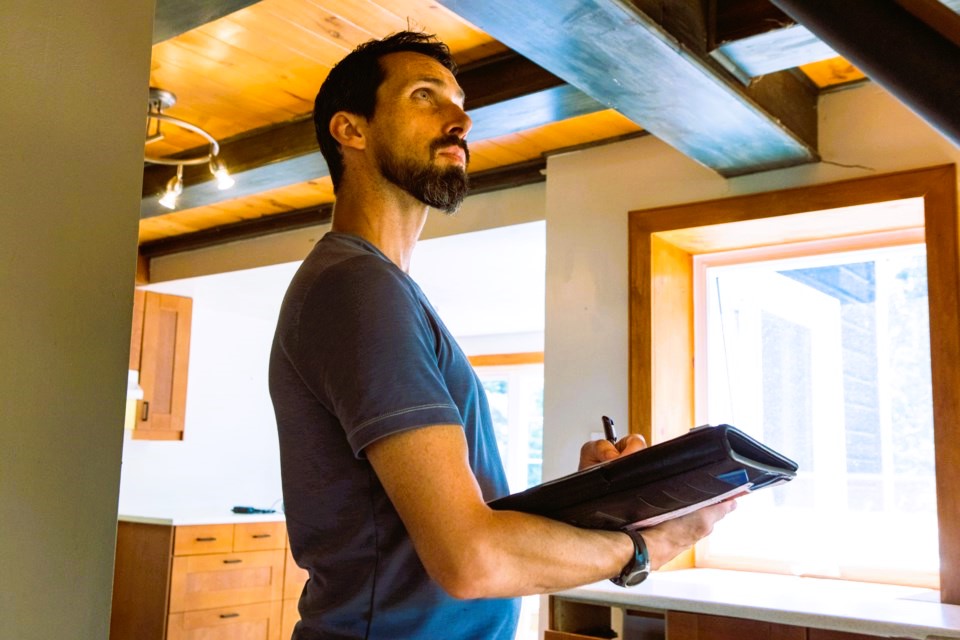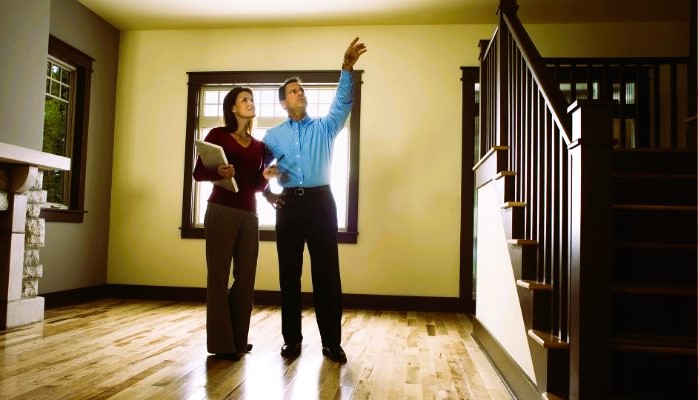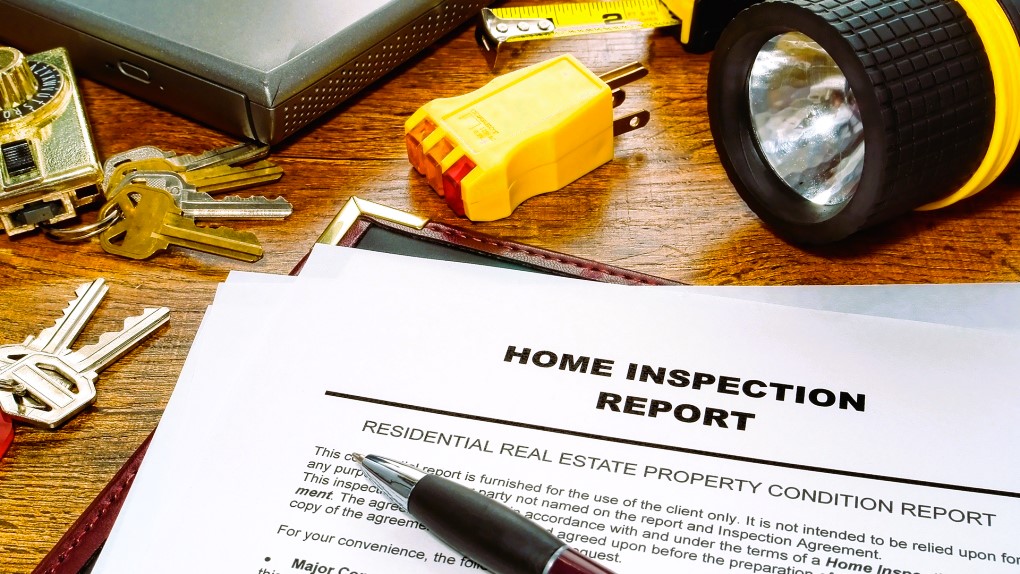In recent years, the real estate market in Canada has witnessed significant growth and transformation. With more buyers entering the market and increasing demand for transparency and accountability, there has been a call for stricter regulations governing home inspections. In response to these demands, new regulations for home inspections have been introduced in Canada, aiming to protect the interests of both buyers and sellers. In this article, we’ll explore these new regulations and what homeowners need to know about them.
Background
Home inspections play a crucial role in the homebuying process, providing buyers with valuable information about the condition of a property before making a purchase. However, in the past, the home inspection industry in Canada has been largely unregulated, leading to inconsistencies in standards and practices across the country. This lack of regulation has raised concerns among consumers about the quality and reliability of home inspection services.
Introduction of New Regulations

Recognizing the need for standardized practices and increased consumer protection, regulatory bodies and government agencies in Canada have taken steps to implement new regulations for home inspections. These regulations aim to establish minimum standards for home inspectors, improve transparency in the industry, and ensure that consumers receive accurate and reliable information about the properties they are considering purchasing.
Key Provisions of the New Regulations
- Licensing Requirements: One of the most significant aspects of the new regulations is the introduction of licensing requirements for home inspectors. In many provinces, home inspectors are now required to obtain a license from a designated regulatory body or professional association before practicing. These licensing requirements typically involve completing a recognized training program, passing a competency exam, and meeting ongoing education and professional development requirements.
- Code of Ethics: The new regulations often include a code of ethics that home inspectors must adhere to in their practice. This code outlines the ethical principles and standards of conduct expected of home inspectors, including honesty, integrity, and professionalism. By adhering to these ethical guidelines, home inspectors can ensure that they act in the best interests of their clients and maintain the integrity of the profession. How climate change affects home inspections in Canada, read more in the article about risks and adaptation.
- Standardized Inspection Protocols: The new regulations may also establish standardized inspection protocols that home inspectors must follow when conducting inspections. These protocols outline the procedures, methods, and techniques that inspectors should use to assess the condition of a property thoroughly. By adhering to standardized protocols, inspectors can ensure consistency and accuracy in their assessments, providing clients with reliable information about the property’s condition.
- Disclosure Requirements: Another key provision of the new regulations is the requirement for home inspectors to disclose certain information to their clients. This may include any conflicts of interest, limitations of the inspection, and the scope of the inspector’s liability. By providing full disclosure to their clients, home inspectors can promote transparency and ensure that clients are fully informed about the inspection process and its limitations.
What Homeowners Need to Know

As a homeowner, it’s essential to be aware of these new regulations and how they may impact your experience with home inspections. Here are a few key points to keep in mind:
- Choose a Licensed Inspector: When hiring a home inspector, make sure to choose a licensed professional who meets the requirements of the new regulations. A licensed inspector has undergone training and certification, demonstrating their competence and commitment to professional standards.
- Ask About Inspection Protocols: Inquire about the inspection protocols and procedures that the inspector follows. Ensure that they adhere to standardized protocols and use recognized methods and techniques to assess the property thoroughly.
- Review the Code of Ethics: Familiarize yourself with the inspector’s code of ethics and ensure that they conduct themselves with honesty, integrity, and professionalism. A reputable inspector will adhere to ethical guidelines and act in your best interests throughout the inspection process.
- Understand Disclosure Requirements: Be aware of any disclosure requirements that apply to home inspectors and ask questions if you’re unsure about any aspect of the inspection process. A good inspector will be transparent about their practices and communicate openly with you about the inspection findings.
In conclusion, the introduction of new regulations for home inspections in Canada represents a positive step forward in improving consumer protection and promoting professionalism in the industry. By familiarizing themselves with these regulations and choosing licensed, reputable inspectors, homeowners can ensure that they receive accurate and reliable information about the condition of their properties. For more information on home inspection standards and practices, visit Wikipedia.

